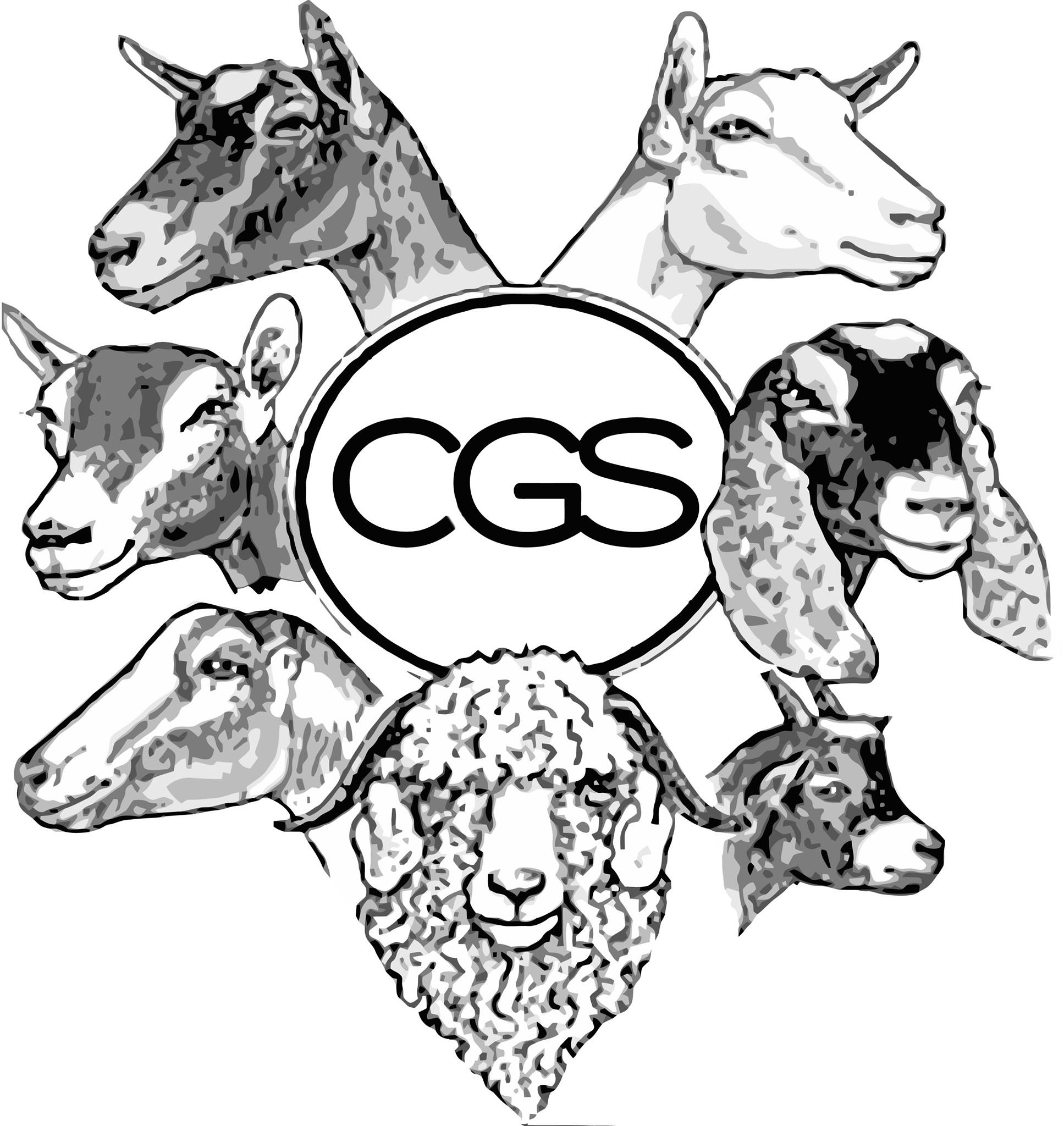This meeting took the form of a virtual zoom call with the following board members: Sandy Howell, President; Callum McLeod; Susan Frazer and Arnie Steeves and staff member Russell Gammon present. Regrets were received from Ed Cavanagh; Catherine Lord and Karen Cavanagh.
Here are highlights from the meeting regarding topics discussed and any decisions made:
-More work will be done to inform members of the Heritage Livestock Canada/CGS joint project to gather information on the genetic diversity in the breed populations CGS is involved with. Breed coordinators will make efforts to collect hair samples to meet targets of 50 head from a variety of female lines per breed. A detailed article will appear in CGS publications and on the CGS Facebook page and website.
-Planning continues on effective onboarding for new board members in February.
-A motion was carried to further expand CGS investments by moving money from savings and chequing accounts to investment tools that will garner a higher interest rate. Sufficient funds will be left in the accounts to promptly address incoming charges.
-Classification service will return in 2022. The Board has been investigating all possible options to ensure a cost-effective program and top quality service.
-The Board approved a minor adjustment in CGS show rules and policies to state that any US registered animals showing at CGS National Shows must be registered in the CGS herd book.
-Extensive discussion took place on Judges Licensing Conferences for 2022 and forward planning for both standards for CGS supported JLCs and additional JLCs in 2024 and beyond. This forward planning related to caps on levels of CGS funding for CGS supported JLCs and means of expanding the number of licensed judges in Canada. The Board expressed appreciation for the dedication of Licensed judges. Deadline for applications for JLCs for 2022 is January 31, 2022. If interest is sufficient an Angora-specific JLC will be held in 2022.
-The next Annual Meeting of CGS will be held Saturday, February 19, 2022. The format will be virtual via Zoom. The meeting will commence at 12:00 noon in the Eastern Time Zone. All members who with 2022 paid memberships shortly in advance of the meeting will be eligible to participate. Official notice will appear in an upcoming newsletter.
-Work on selection of a company to conduct the review of 2021 financial performance is almost complete.
-An extensive discussion was held once again on the future of provision of registry services to CGS members. CGS is working with other industry partners on the following topics:
-Costs from registry service providers to CGS. This cost has a direct impact on fees charges to members for registrations, transfers, memberships, etc.
-Turnaround time for wok with the current system
-Finding a new registry service that is effective, easy to use and mobile device-friendly.
-Input to CGS from our members has proven to be very helpful in this effort.
-CLRC has given notice of an increase in their per unit charges effective January 1,2022. Therefore the CGS fee schedule, other than membership fees, will be adjusted by 40 cents per unit. Increases will be based on the number of unit charges at CLRC each piece of processing creates.
-The Board approved a motion to send a letter of intent to withdraw from our relationship with CLRC effective December 31, 2022. This motion can be rescinded at any time but does open the door for options for provision of registry service.
-The Board continues to work on amendments to the CGS by-laws following a meeting with Agriculture and Agrifood Canada’s Animal Registration Officer and his feedback on proposed by-law amendments received during that meeting.

